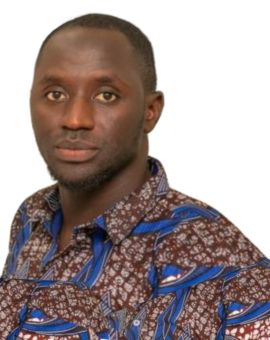National Assembly of The Gambia embarks on constitutional reform process

The International Institute for Democracy and Electoral Assistance (International IDEA), in collaboration with the National Assembly of The Gambia and supported by the European Union, hosted an induction meeting on 12-13 February 2024 at the Sir Dawda Kairaba Jawara International Conference Centre in Bijilo. This gathering marked a significant step towards resuming the Constitutional Reform Process in The Gambia.
Facilitated by H.E. Mohamed Ibn Chambas, alongside Local Moral Guarantors Imam Darboe, Bishop Manga, and Mrs. Fatou J. Senghore, the meeting aimed to foster consensus among National Assembly Members on contentious issues that previously led to the draft constitution's rejection on 22 September 2020. This initiative underscores the commitment to an inclusive and participatory approach in the constitutional reform process.
In his opening remarks, H.E. Dr. Mohamed Ibn Chambas highlighted the urgent need to address lingering concerns within the reform process, stressing the importance of producing a referendum-ready document as a legacy of the sixth legislature. He called for unity among National Assembly representatives to garner public support for its adoption. "It is under this context that we must finish some of the unfinished businesses for the transition into the new Gambia,” he said.
The European Union Ambassador to The Gambia, H.E. Corrado Pampaloni, acknowledged the critical role of National Assembly members as the nation's future architects, emphasising their responsibility to reflect the collective aspirations of Gambians. He advocated for dialogue, collaboration, and a unified vision, expressing confidence in their capability to draft a constitution that could serve as a model of hope for the Gambia, Africa, and the wider international community.
In his statement, the Right Honorable Fabakary Tombong Jatta, Speaker of the National Assembly, stated the pivotal role of the National Assembly members in the constitutional building process. He stressed that the dialogue session not only acknowledged their integral involvement but also aligned with the state's agenda for democratization reform.
Participants expressed gratitude for the productive meeting and optimism about completing the constitutional reform by the Cabinet's recommended deadline of December 2024. They urged other stakeholders, including political party leaders, civil society organisations, and faith-based leaders, to enhance their advocacy efforts for consensus on adopting a New Constitution for the New Gambia




